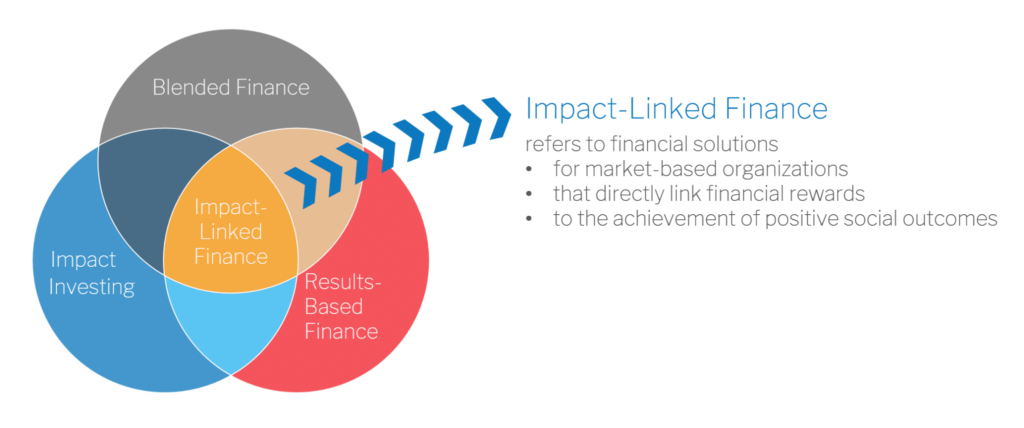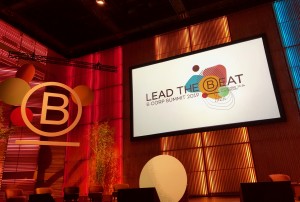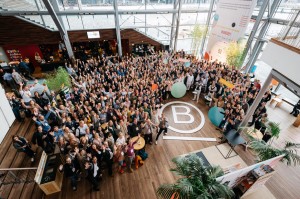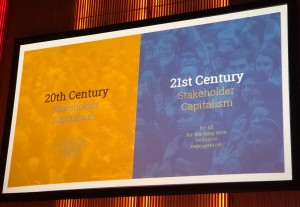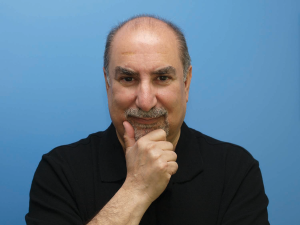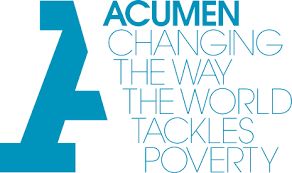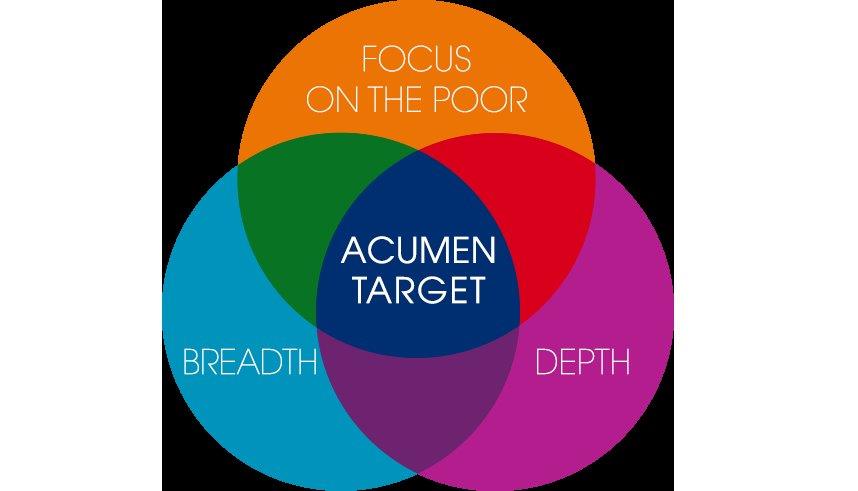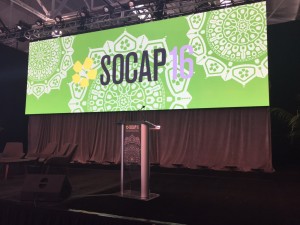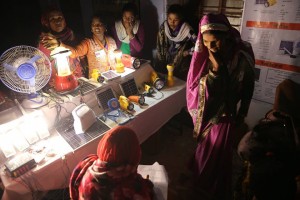 Barefoot College (BC), a not for profit, social innovation organization announced in early November the launch of Bindi Solar, the first global line of solar home lighting products fabricated, distributed, sold, installed, maintained and repaired exclusively by women. Bindi Solar products include; low cost solar home lighting systems, portable lanterns, micro grids, DC TVs and fans as well as a range of handheld solar lighting devices. Starting in India, Bindi Solar will be distributed through BC’s ground breaking partnerships with Frontier Markets and GHE as well as the Barefoot Solar Mamas trained across 15 states. Development of the new products has been made possible through the CSR collaborations with Apple, Goldman Sachs, the Phillipps Foundation and working in partnership with The Frey Charitable Foundation and EROL Foundation.
Barefoot College (BC), a not for profit, social innovation organization announced in early November the launch of Bindi Solar, the first global line of solar home lighting products fabricated, distributed, sold, installed, maintained and repaired exclusively by women. Bindi Solar products include; low cost solar home lighting systems, portable lanterns, micro grids, DC TVs and fans as well as a range of handheld solar lighting devices. Starting in India, Bindi Solar will be distributed through BC’s ground breaking partnerships with Frontier Markets and GHE as well as the Barefoot Solar Mamas trained across 15 states. Development of the new products has been made possible through the CSR collaborations with Apple, Goldman Sachs, the Phillipps Foundation and working in partnership with The Frey Charitable Foundation and EROL Foundation.
Over the past 5 years there has been a powerful yet smooth transformation at this pioneering and innovative 45 year old organization that has been providing basic services and solutions to the challenges facing rural poor communities with the objective of making them self-sufficient and sustainable, valuing and respecting the knowledge and wisdom they already possess. BC was founded in 1972 by Sanjit “Bunker” Roy, following the life and work style of Mahatma Gandhi. Today, BC boasts a diverse and inclusive team of dedicated individuals from both formally educated and grass roots communities, working side by side towards impact of the critical issues facing rural poor communities in access to energy, water, sanitation, education and sustainable livelihood development. It is an exceptional example of decentralized management philosophy, capacity building from within to deliver what has become know globally as the “Barefoot Approach” to community development.
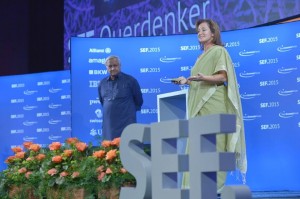 BC has been committed to empowering women as change agents, entrepreneurs and environmental stewards. Believing that placing women at the heart of the development process is the most reliable and effective way to pass on the wisdom, knowledge and skills that all rural poor communities already possess and which are so often undervalued and under utilized. BC engages in building confidence and competence in individuals and entire communities bringing about large-scale shifts in values and sustainable quality of life enhancement. BC is one of the few Indian organizations that has successfully exported its models for development across the Global South through a unique and visionary partnership with the Government of India, Ministry of External Affairs ITEC program. This partnership has resulted in true “Made in India” technology by and for the rural poor reaching 78 countries in the developing world.
BC has been committed to empowering women as change agents, entrepreneurs and environmental stewards. Believing that placing women at the heart of the development process is the most reliable and effective way to pass on the wisdom, knowledge and skills that all rural poor communities already possess and which are so often undervalued and under utilized. BC engages in building confidence and competence in individuals and entire communities bringing about large-scale shifts in values and sustainable quality of life enhancement. BC is one of the few Indian organizations that has successfully exported its models for development across the Global South through a unique and visionary partnership with the Government of India, Ministry of External Affairs ITEC program. This partnership has resulted in true “Made in India” technology by and for the rural poor reaching 78 countries in the developing world.
Over the past few years this successful organization embarked to scale exponentially its operations in both depth and breadth. This launch of Bindi Solar is only one such example. The powerful yet smooth transformation seen so far is thanks to the amazing team work of Meagan Fallone, CEO together with Bunker and the awesome team of Barefoot College. BC is embracing the latest technologies and ways to work with it, embracing diversity and inclusion while maintaining the core values.
Disclaimer: source of the content of this article: press release by barefootcollege.org, photos from barefootcollege facebook page
the author is a board member of Barefoot College International as well as The Frey Charitable Foundation

